ICI Radio-Canada Télé TV Shows
318 shows • Page 12 of 16
 0
0Les beaux parleurs
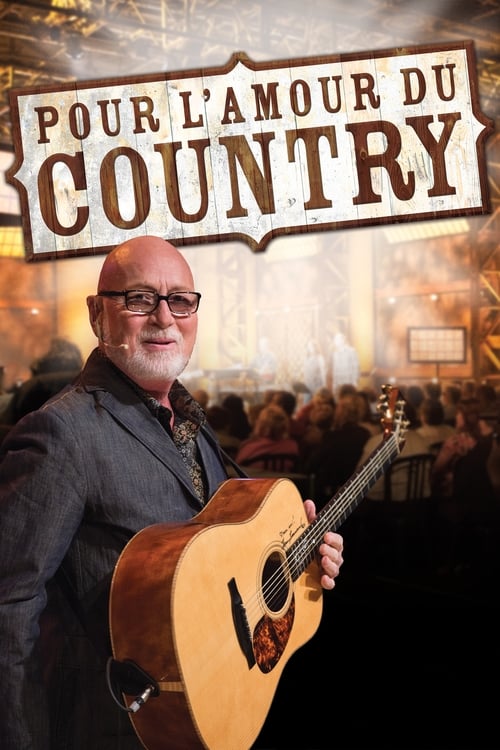 0
0Pour l'amour du country
 0
01-888-OISEAUX
 0
0Chick'n Swell
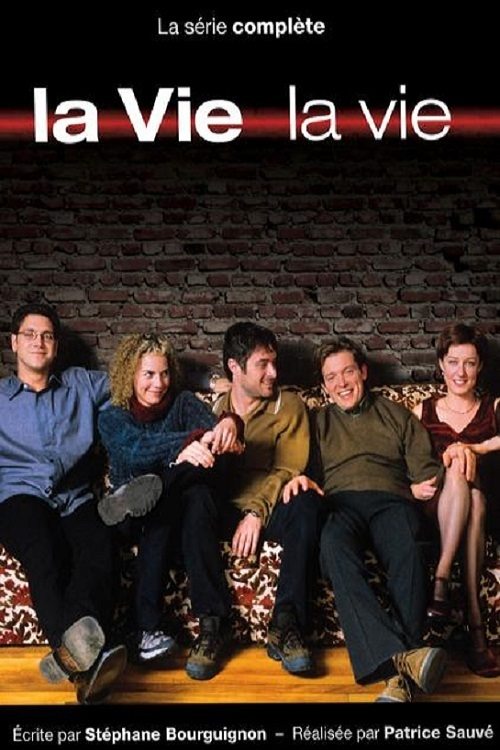
La vie, la vie
The joys and trials of five funny, intelligent and sexy young adults bound by the sacred ties of friendship.

Infoman
Jean-René Dufort and sidekicks Chantal Lamarre and MC Gilles serve up delirious send-ups of the week's news events.
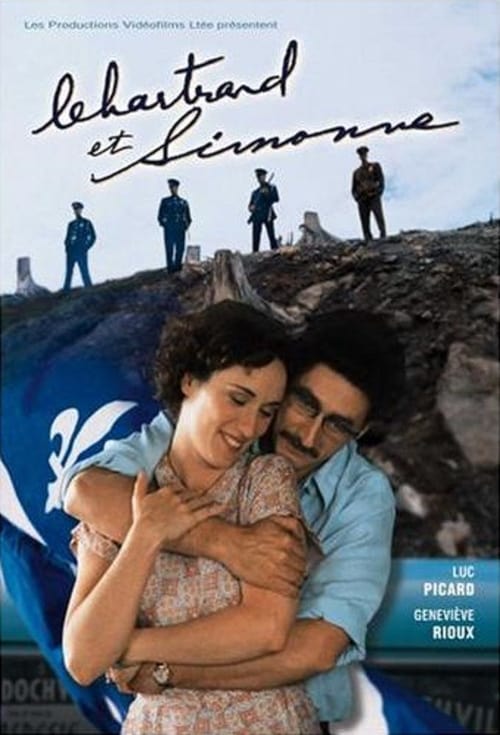
Chartrand et Simonne
Chartrand et Simonne is a French-Canadian television mini-series which aired in 2000, exclusively on Radio-Canada. The series originally only had two parts but it was expanded into 6 parts and re-aired in 2003 on Télé-Québec. Currently, Télé-Québec airs the program on a regular basis. The series won a Gemini Award in 2000 for Best Make-up/Hair.
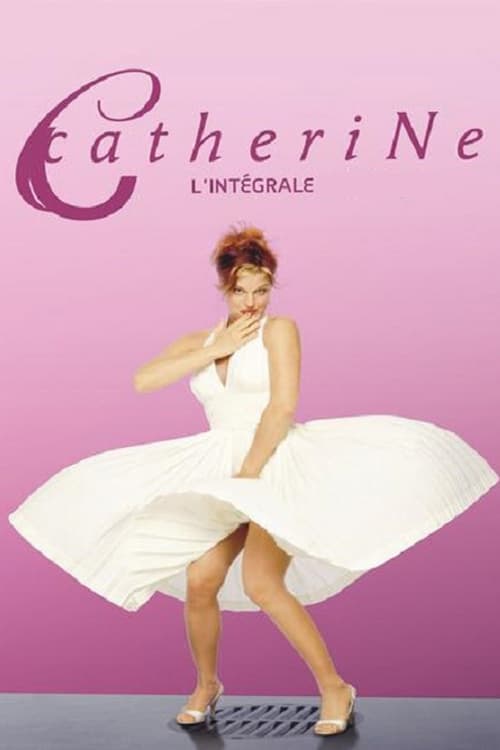
Catherine
Catherine was a Quebec sitcom that aired on Radio-Canada from 1999 to 2003. It tells the story of Catherine, a sexy, epicurean, man-crazy Montrealer in her thirties working at the advertising agency Mirage-Image, as well as the story of her best friend and orderly flatmate Sophie, her landlord Rachel, her ex-boyfriend Pierre and other friends and co-workers.
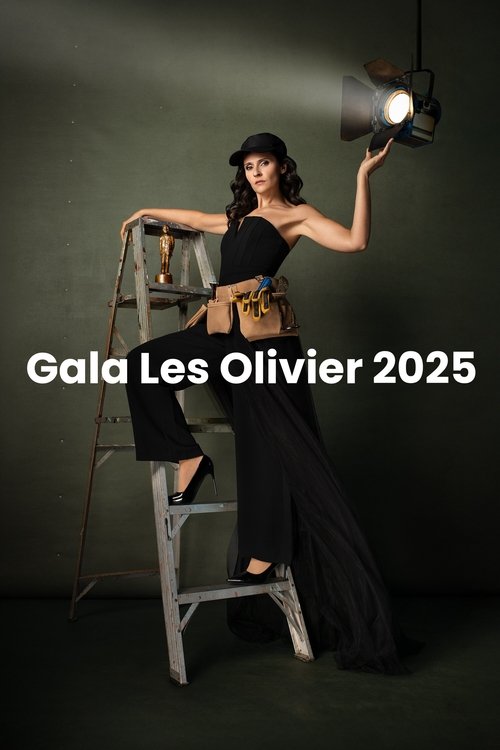 0
0Gala Les Olivier
The Gala Les Olivier highlights and rewards the work of artists and artisans working in the comedy sector.
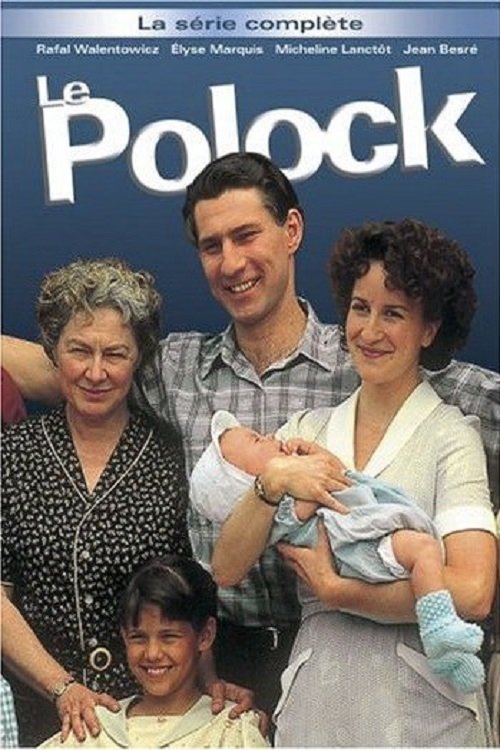 0
0Le Polock
 0
0Zone libre
 0
0Caserne 24
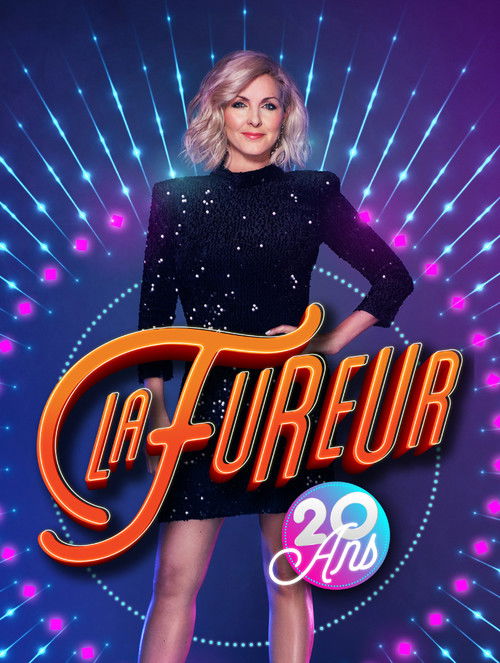
La fureur
A musical game show opposing two gender-segregated teams of celebrities.
 0
0Lingo
Lingo is a Quebec game show that ran for 439 episodes on Radio-Canada, from 1998 to 2001. It was hosted by longtime actor and radio/TV host Paul Houde.
 0
0Les 3 Mousquetaires
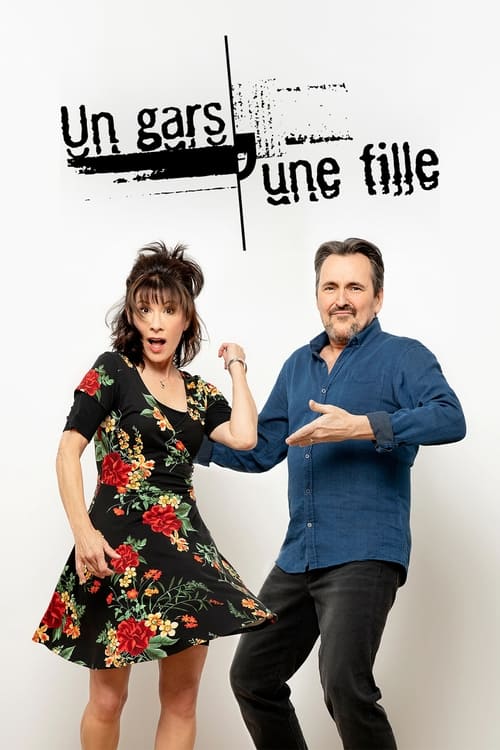
Un gars, une fille
Un gars, une fille is the title of a Quebec comedy television series created by Guy A. Lepage and broadcast on Radio-Canada, as well as the title of its French adaptation on France 2. It is one of the most successful Quebec television shows, with a concept exported to more than thirty markets around the world. It is the first Québécois television program to be adapted in the United States.
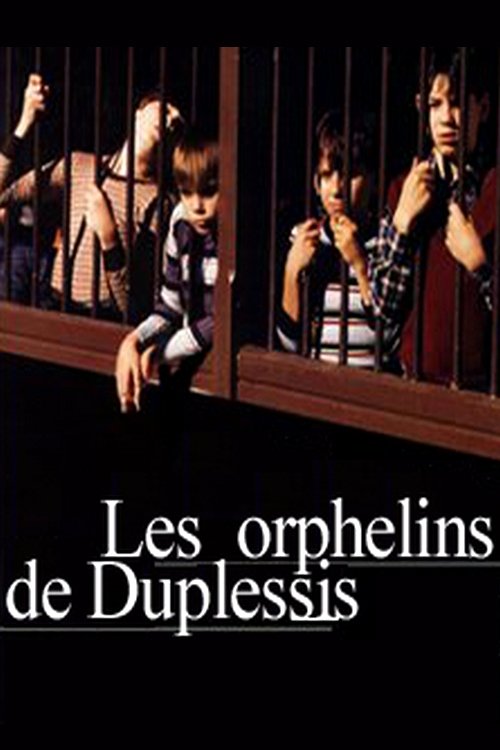
The Duplessis Orphans
In the 1950s, young boys were placed in orphanages and endure harsh and austere living conditions. As a united group, they supported each other and survived despite bullying, hardship and little hope for better days. While these children were doing their best to survive, they had no way to suspect the secret dealings between the clergy, the medical profession and the government that will inevitably seal their fates. The institution faced with a precarious financial situation, the solution is to transform the orphanage into a psychiatric institute in order to obtain additional subsidies. To demonstrate the need for this change in status, the orphans are labeled as insane by the very people who took them in to help them. While their future as orphans was already precarious, they become prisoners of an asylum system from which they have little hope of being able to free themselves even as they grow older.
 0
0Les bâtisseurs d'eau
 0
0Bouscotte

Virginie
A young phys-ed teacher working with students in difficulty at a high school in Québec experiences many ups and downs in her professional and private lives.
